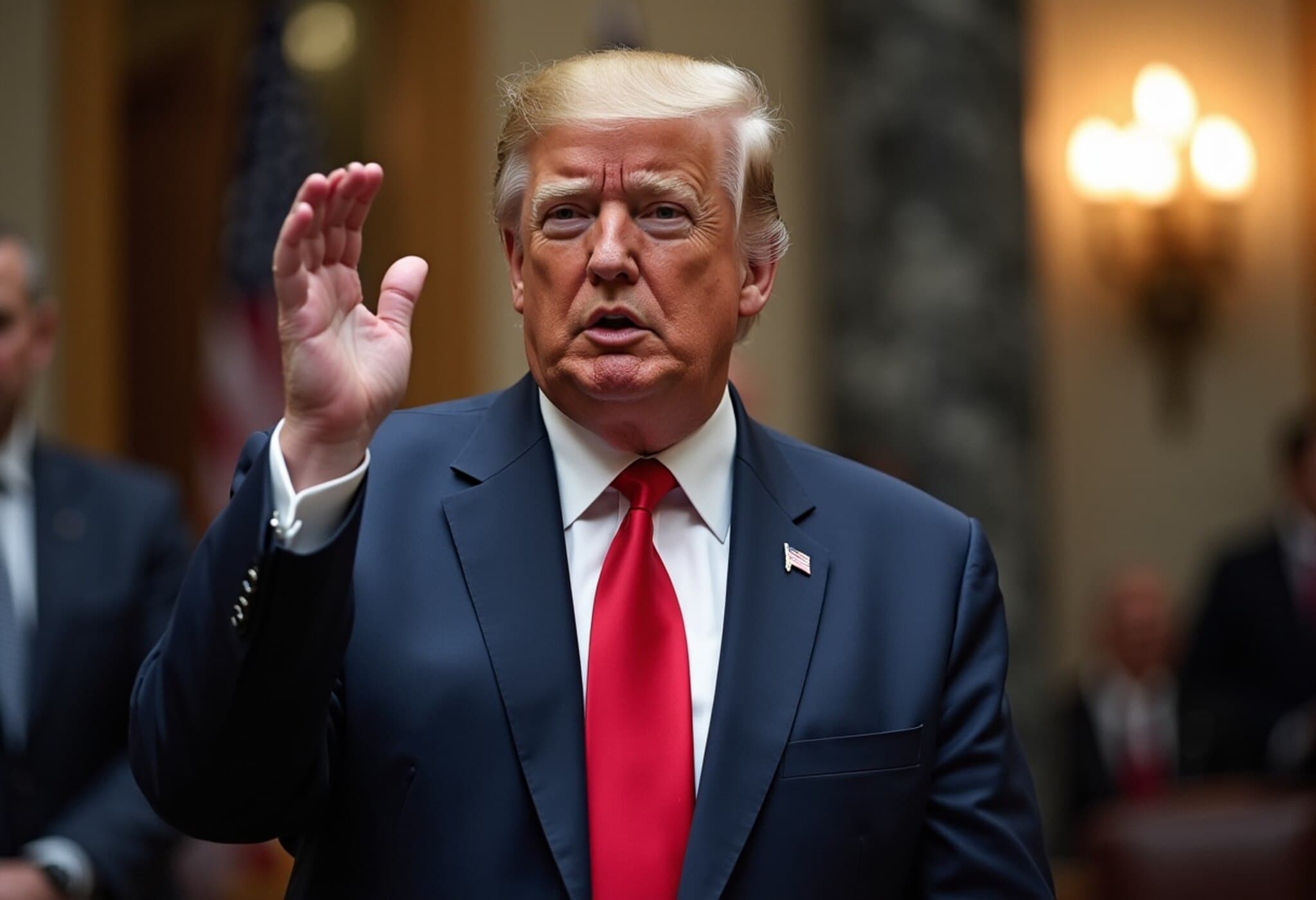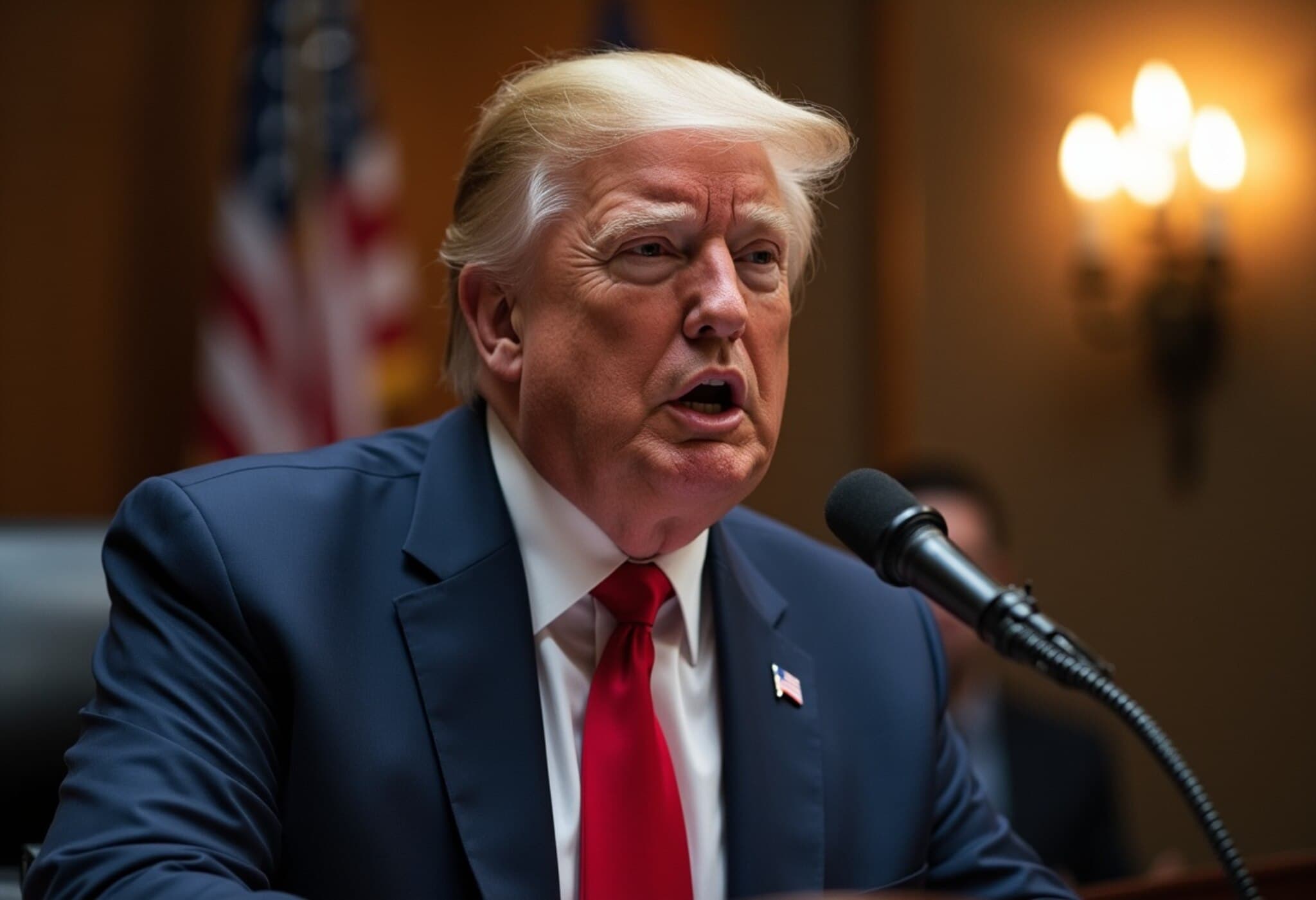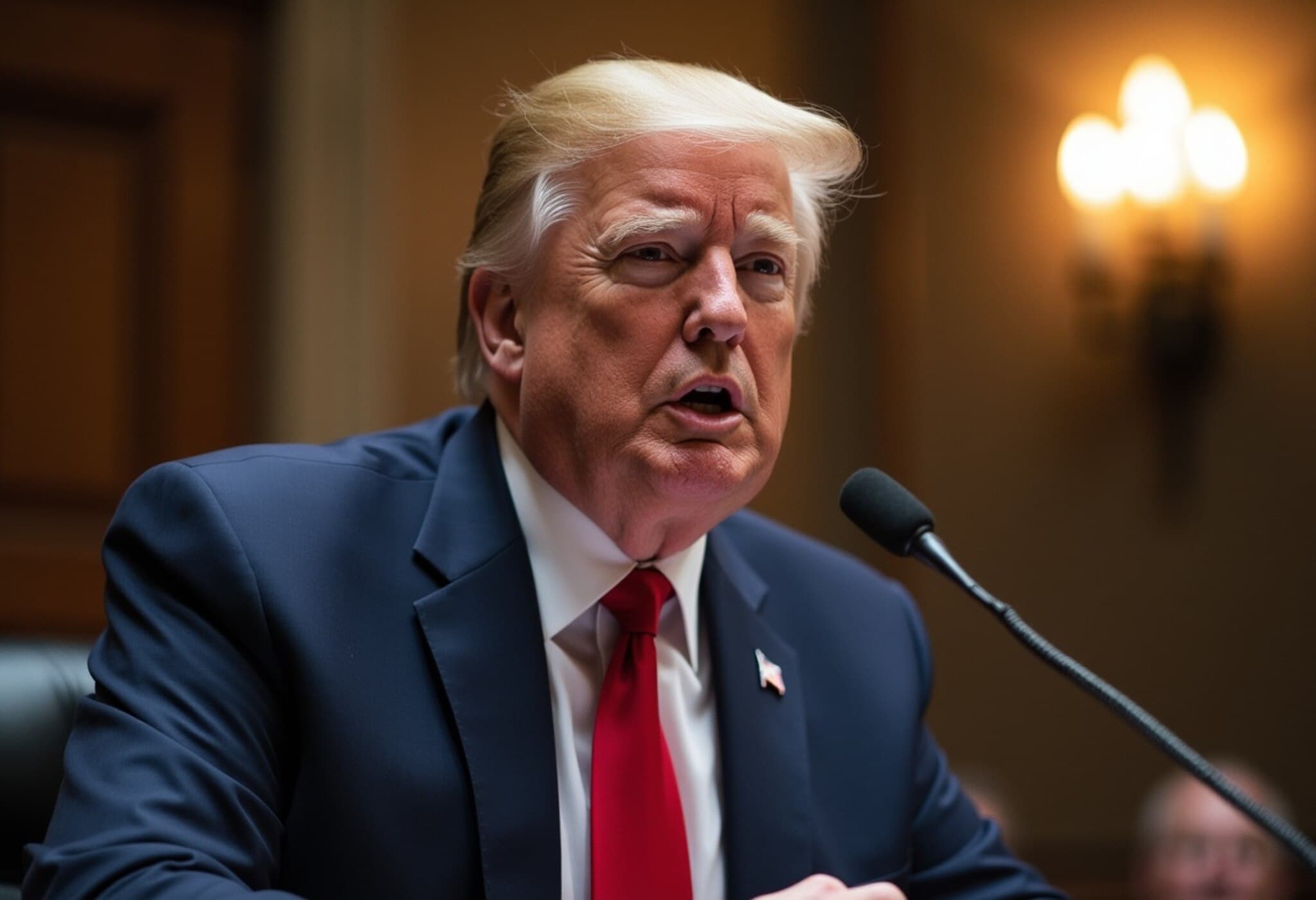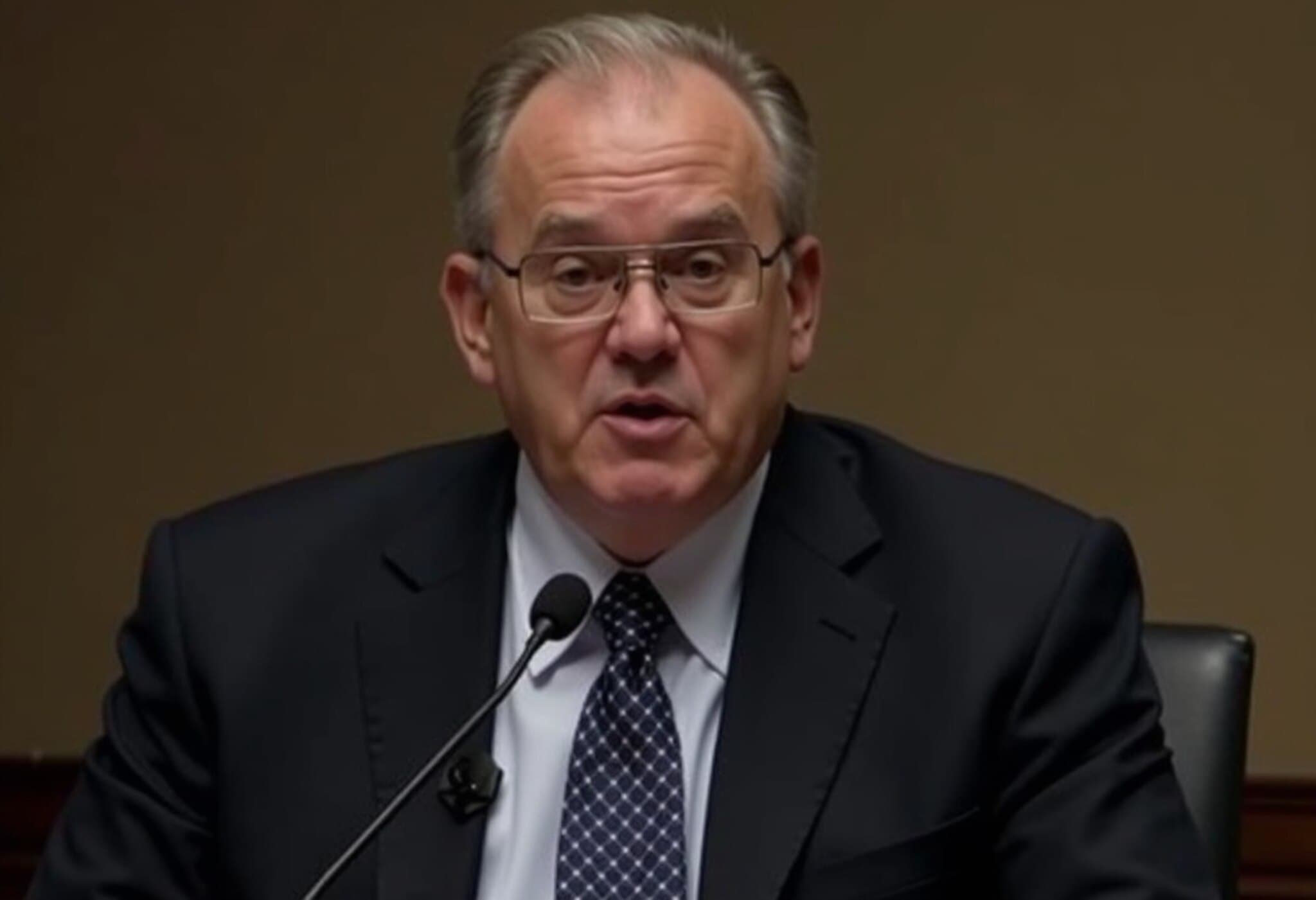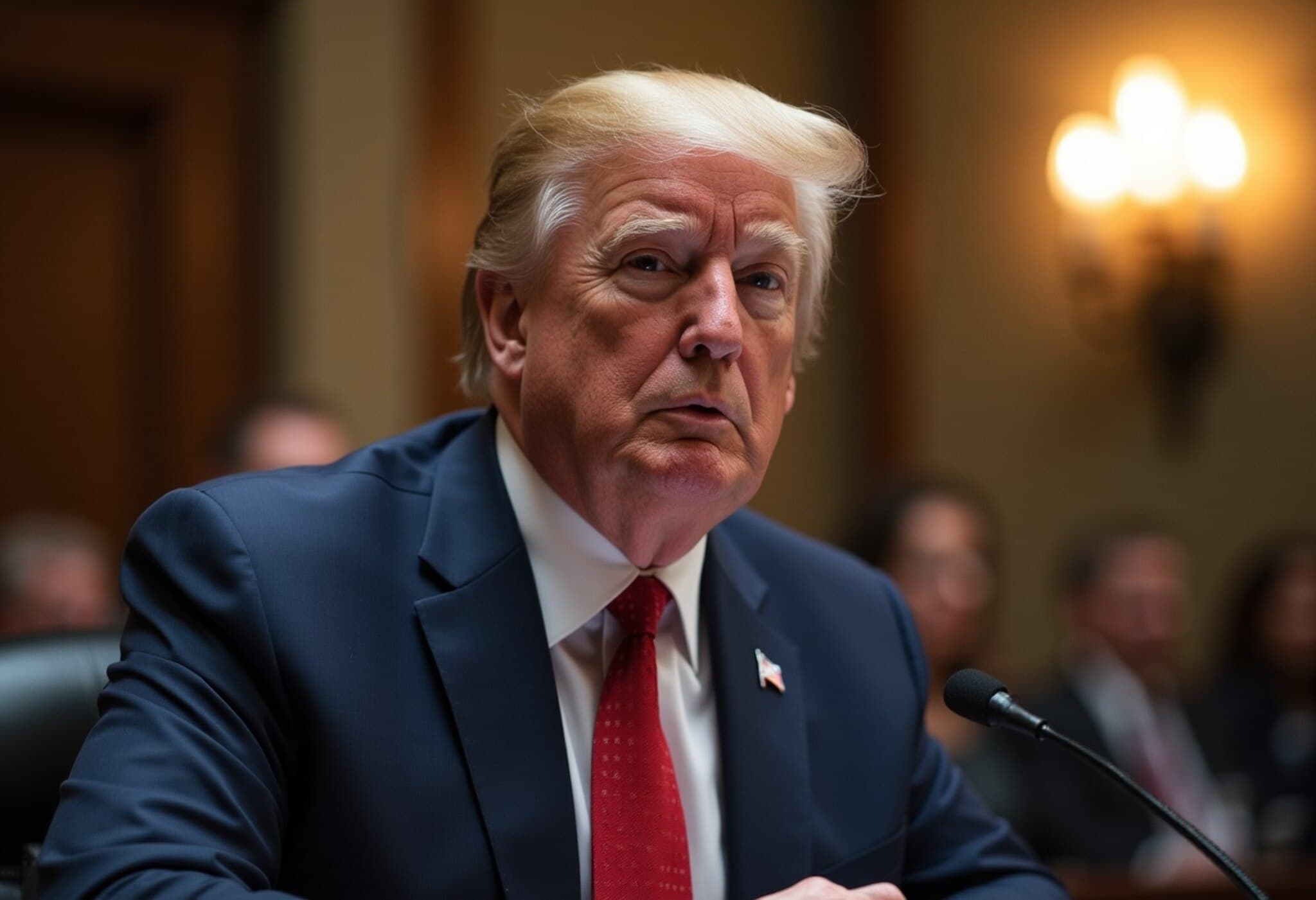Rep. Mark Green's Departure Tightens Republican Hold in the House
Representative Mark Green, a Republican from Tennessee, officially announced his resignation from Congress on Friday, effective July 20. This unexpected departure further narrows the Republican majority in the House of Representatives, reducing it to a slim 219-212 margin until his seat is filled.
What Prompted Green’s Exit?
Green cited a return to the private sector to launch a new business venture. While he withheld specific details, he revealed the endeavor aims to bolster America's competitive edge against the Chinese Communist Party, this time through business initiatives rather than politics.
In a statement to his followers, he expressed gratitude to his constituents in Tennessee’s 7th District, saying, "The trust you put in me is humbling. I will look back fondly on my years of serving as your voice in Washington."
Political Implications for Speaker Johnson
This resignation adds a fresh challenge for House Speaker Mike Johnson, who has been grappling with maintaining cohesion among Republicans during recent legislative efforts. Just weeks ago, Johnson faced hurdles rallying his conference around President Trump’s ambitious budget reconciliation bill, where every vote counted due to the Republicans' already razor-thin majority.
Green’s exit leaves Johnson with even less room for navigating dissent, potentially complicating future legislative agendas.
Background: Green’s Congressional Tenure and Recent GOP Turnover
Elected in 2018, Green succeeded Senator Marsha Blackburn and rose to chair the House Homeland Security Committee. His resignation comes amid a period of notable volatility within the Republican ranks. For instance, Rep. Mike Waltz from Florida stepped down to join the Trump administration before returning to private life.
Similarly, centrist Republican Rep. Don Bacon announced he will not seek reelection, opening his Omaha, Nebraska district to competitive contests.
The Road Ahead for Tennessee’s 7th District
Green’s solidly Republican district is expected to remain in GOP hands, but until a special election is held and a successor is sworn in, the Republican majority in the House remains precariously thin.
As the political landscape continues to shift, Republican leadership will need to strategize carefully to maintain control in the lower chamber amid ongoing departures and fragile vote margins.


